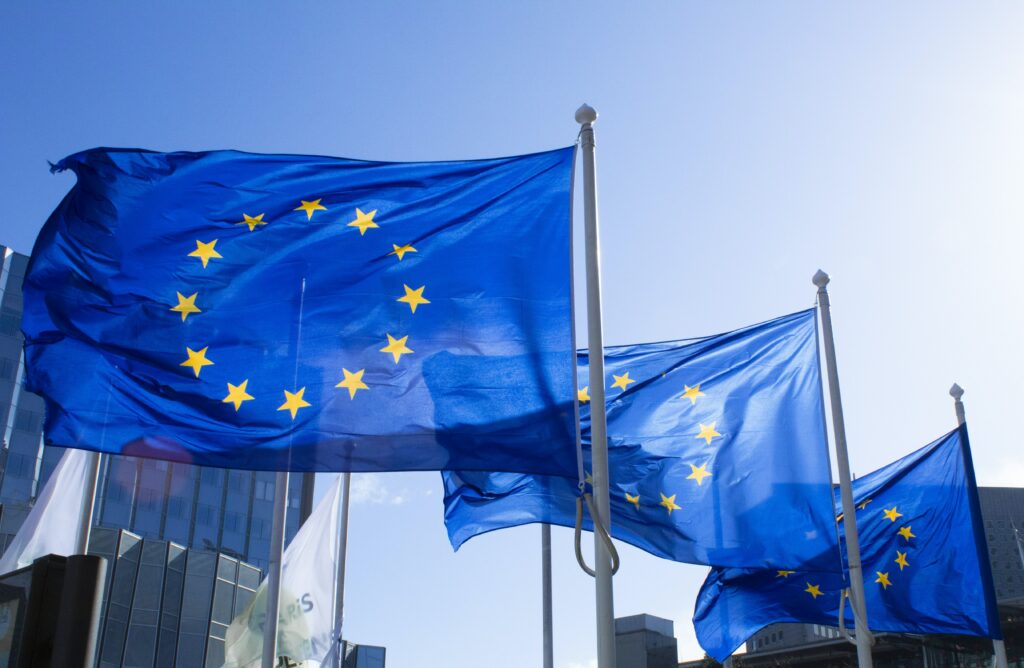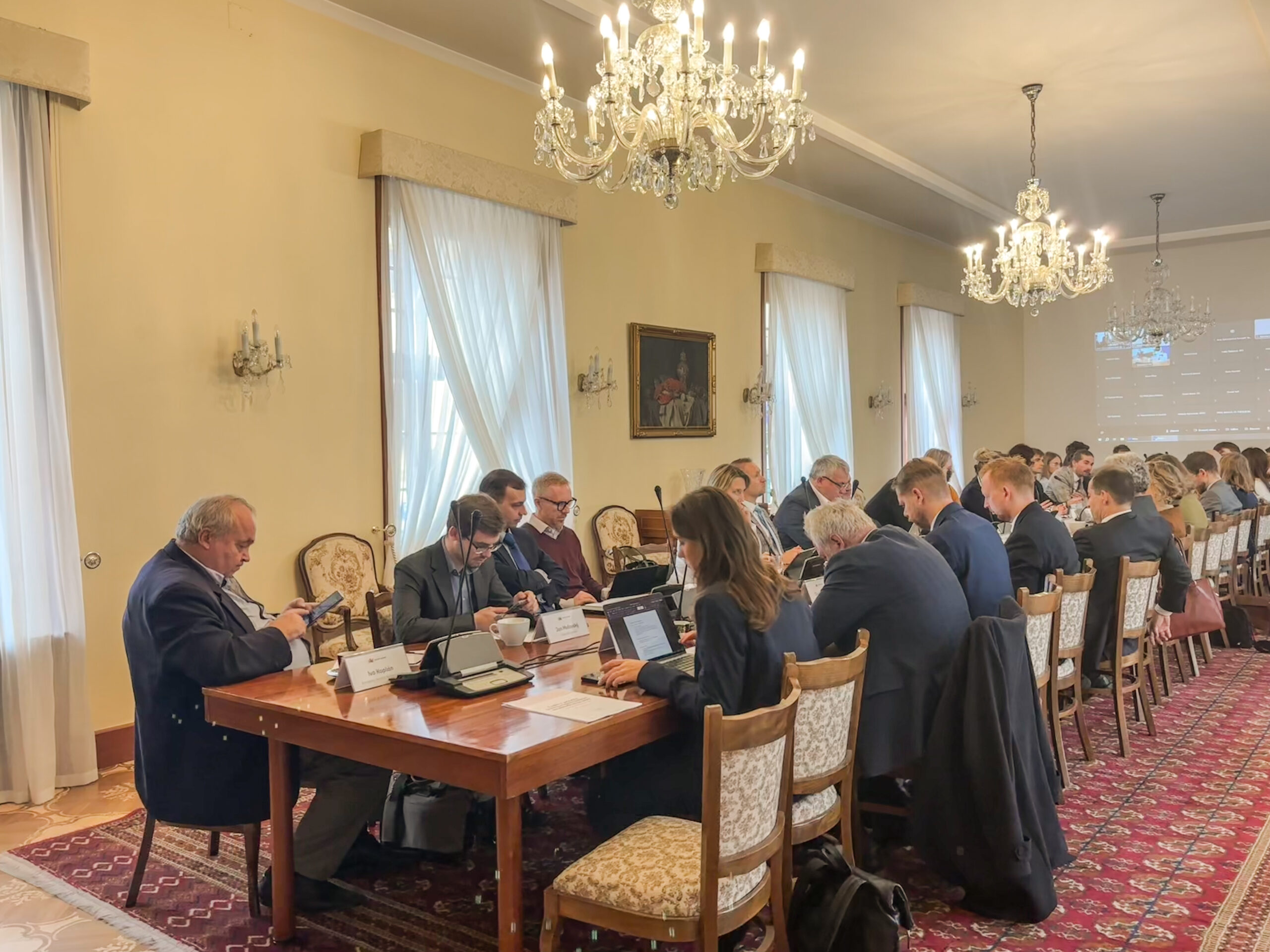On Friday 28 April 2023, another National Convention roundtable on the European Union will take place at the Liechtenstein Palace and via the online platform Webex Teams, this time on the topic of the response to the US Inflation Reduction Act. The debate will take place from 9:00 to 12:00. The topic will be discussed by representatives of government, the education sector, the business community, social partners and other invited guests. EUROPEUM Institute for European Policy is the expert guarantor of this roundtable.
In August 2022, the United States adopted an inflation reduction investment package, the Inflation Reduction Act (IRA). As part of the package, the United States plans to support climate and energy projects, particularly in the field of green technologies. At least USD 369 billion is earmarked for this programme over the next ten years, increasing investment in climate action from 0.6% of GDP to 1.2% of GDP. However, the programme contains some highly protectionist elements that worry US trading partners, including the EU. Tax incentives and subsidies are only provided to companies that manufacture in America. Europe thus fears the transfer of strategic industries, such as the production of electric cars, batteries or renewable energy components, to the US. The European Commission has therefore presented a Green Deal Industrial Plan, the specific form of which will be the subject of a lively debate between Member States, particularly with regard to the choice of the most appropriate strategy for maintaining competitiveness in the future, not only in the field of green technologies but also in other strategic sectors.
Questions to be discussed at the round table:
- What impact can the IRA have on transatlantic relations and free trade in general and how should the EU seek to actively shape these relations?
- How can the EU ensure the competitiveness and enhance the productivity of its industry in the future and support the development of EU produced green technologies?
- How will the changes affect the Czech Republic directly and how should the Czech Republic proceed within the EU to avoid being left behind in the „green race“? Which specific climate-neutral (net-zero) industrial sectors should the Czech Republic focus on?




